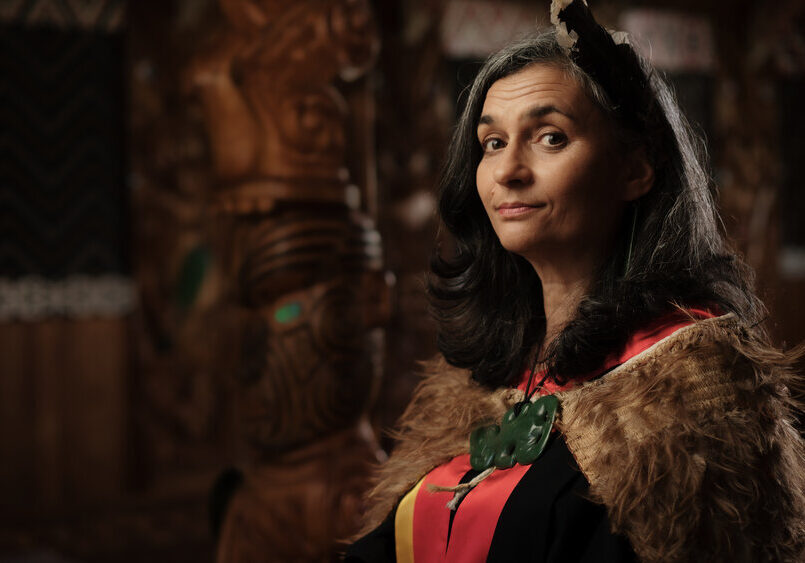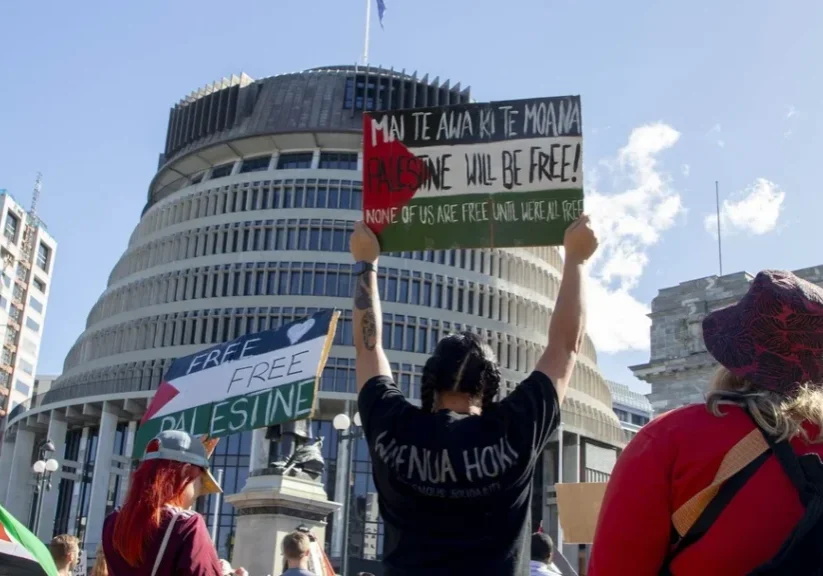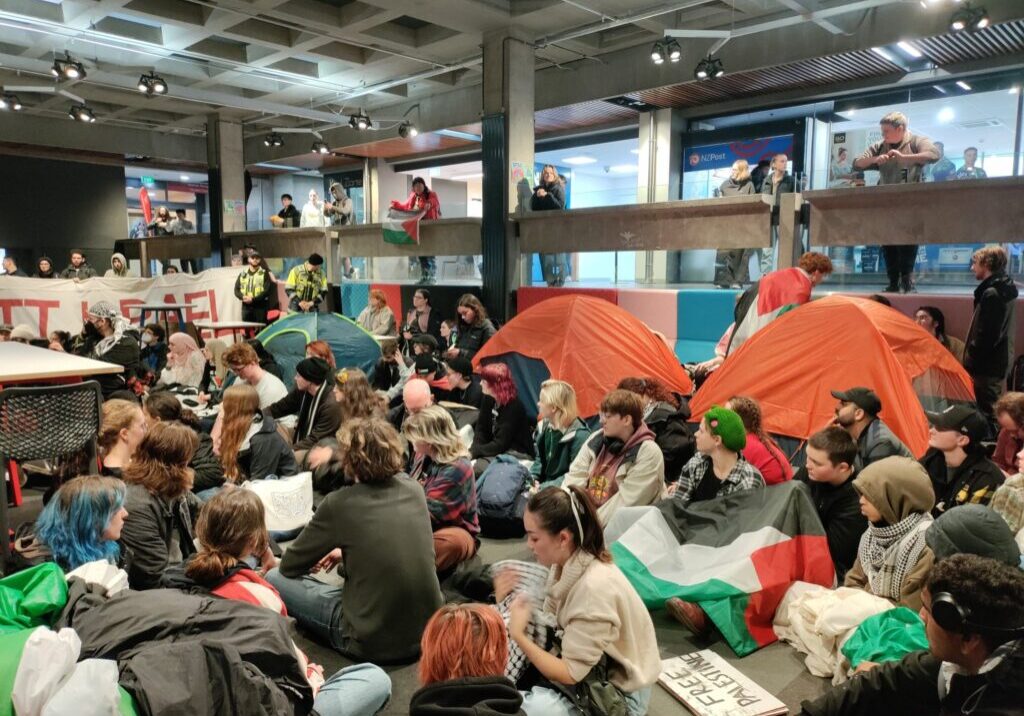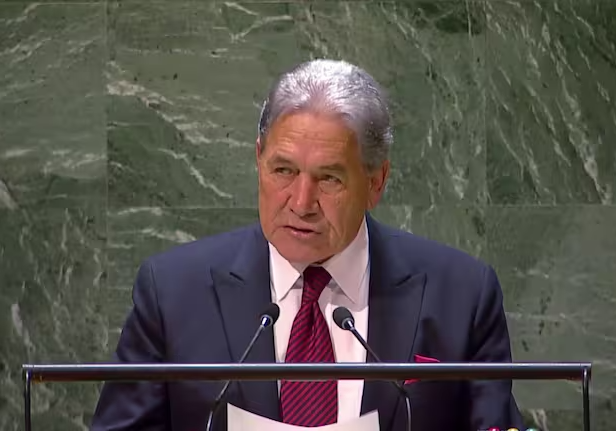Australia/Israel Review
AIR New Zealand: A Tzur Thing
Aug 27, 2010 | Miriam Bell
Miriam Bell
A Tzur Thing
When Israel reopened an embassy in Wellington in April this year, it seemed obvious that the new Ambassador, Shemi Tzur, and his staff had a big job in front of them. Almost a decade without on-the-ground representation, as well as some years of troubled diplomatic relations between Israel and New Zealand, meant that Kiwi perceptions of Israel had, in many ways, been quite badly damaged.
For this reason, it was no surprise that, when I interviewed Tzur recently, his first comments were about the impact the lack of accurate information about Israel has had on the representation of Israel in New Zealand media. Aspects of Israel like its economy, the situation of women, and immigration achievements is the sort of information that you just do not usually hear or read about here, he says.
“That sort of information is missing. And yet there is a lot of information about the Israeli conflict(s). This overshadows the real Israel… We are not warriors, we are scholars and doctors and writers and scientists and so on. But this type of information is just not coming through in New Zealand. I believe that Israel deserves credit for its achievements and you just don’t hear about them here.”
Tzur, a veteran professional diplomat who previously served as Israeli Ambassador to Cyprus and Finland, and Consul-General in Sydney, believes one of the major problems is that the information on Israel’s conflicts tends to come from overseas news agencies which are far away from Israel, which tend to have bombastic headlines, and generally do not do Israel any favours. This has created a lot of misinformation and misperceptions about Israel in New Zealand, but, he says, it is the job of the embassy to work to address this issue and, hopefully, rectify it.
In order to achieve this goal, Tzur and his staff will be adopting a five-point plan. The plan involves working with the New Zealand media to ensure more accurate information about Israel is disseminated; meeting with and addressing government ministers and MPs, officials, academics, interest groups and young people; building trade and business ties between Israel and New Zealand; presenting Israeli culture (art, literature, music, film) to New Zealanders; and further developing tourism between Israel and New Zealand.
“I want to bring basic facts and information about Israel to all these people,” he says. “I want to show them that our quest is really to help and support the peace process because that is the only real solution to the problems Israel is facing. All the other things are a vicious circle. We need to try and shape a different future for the region – through the peace process and working towards it. I think most people want to live a normal life, people have suffered enough for nothing. But we need to present good information to New Zealanders so they have a better understanding of all this.”
Despite the odd protest from New Zealand anti-Israel groups, Tzur is very encouraged by the sort of feedback he has been getting when talking to New Zealanders. “I’ve found that big numbers of people are actually turning out to support Israel. I do feel there is a certain sympathy to Israel here. People tend to be very honest: They will tell you what they think. The major point of disagreement [with Israel] is the conflict. But, otherwise, people tend to praise Israel and its achievements, and I appreciate the fact that people are complimentary about these things.”
He emphasises that, to date, he has been enjoying his work in New Zealand. “It has all been very interesting, very challenging. Every day is exciting, because nothing is routine yet, and every day there are new things, new people, new experiences… It is fascinating.”
However, due to the fact he has also been recruiting staff for the embassy in the months since he arrived, his working life has been hectic. Tzur has recently employed a staff member to fill the embassy’s information and cultural affairs post, and his second-in-command has also just arrived in the country. He is now searching for someone to fill a role which will focus on building trade and business relationships and interests.
“Each of these new additions to my staff will make all our plans much easier to carry out. We hope to make progress in all the fields I’ve mentioned, but we are aware that it is a lot of work. And we do know that it is all a process and that things will not just change overnight. But I can say that we are working hard to achieve our goals, and that we have the energy to do a significant amount to achieve the targets that we have set for ourselves.”
Tags: Australasia, New Zealand






